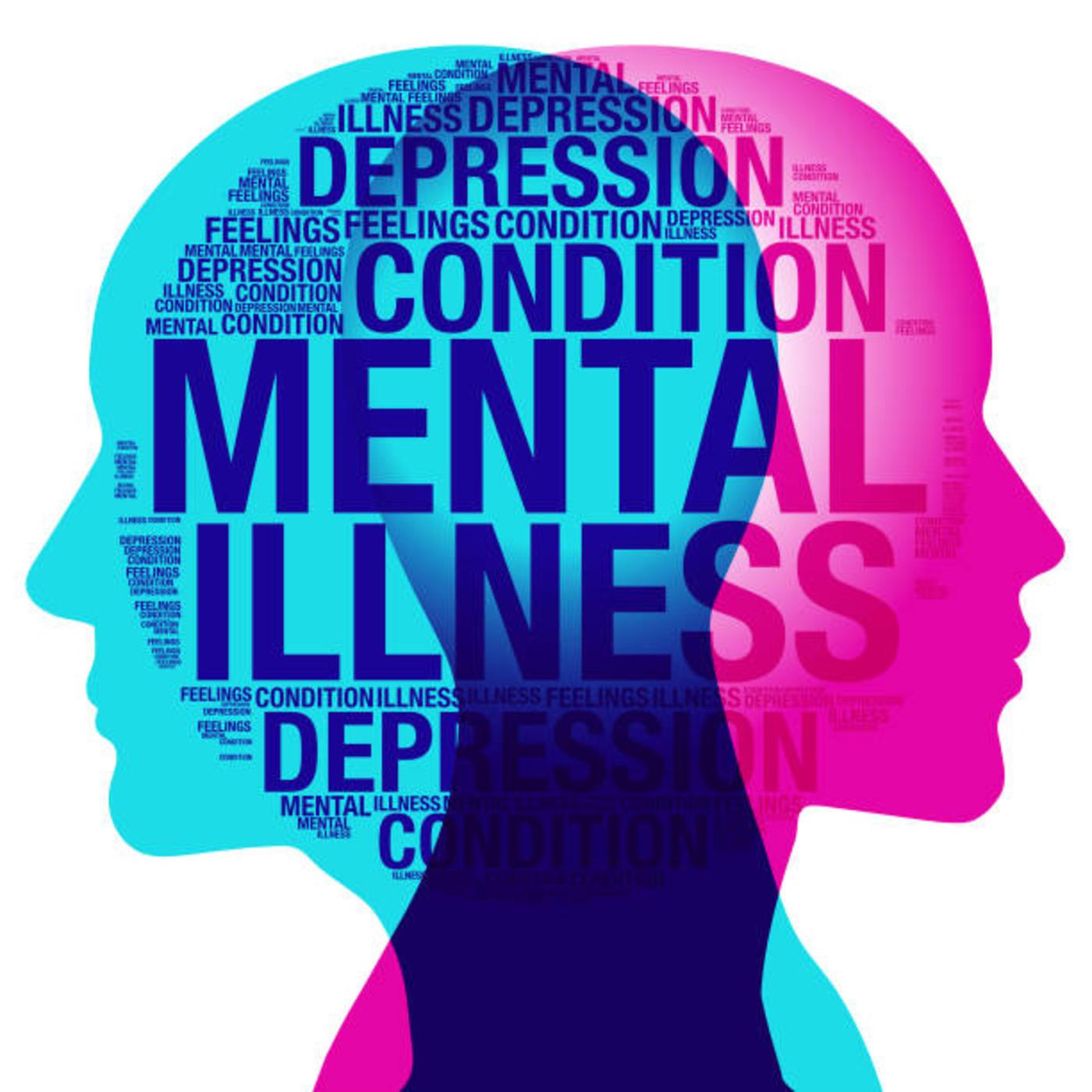
Unveiling the Power of Mental Wellness: A Comprehensive Guide to Mental Health Care

Mental Health Care: Unveiling the Power of Mental Wellness
Welcome to the comprehensive guide that embarks on a journey through the intricate realm of mental health care. In today’s fast-paced world, it is more essential than ever to prioritize our mental well-being. How we take care of ourselves mentally plays a significant role in our overall health and quality of life.
Mental health, often seen as a stigmatized topic, is an integral part of who we are as individuals. It encompasses our emotional, psychological, and social well-being. Understanding its importance and learning how to nurture it is paramount. This guide aims to shed light on the power of mental wellness and provide you with practical tools and insights to navigate the complexities of mental health care.
Without further ado, let us embark on this journey together, unraveling the layers of mental health care and discovering the invaluable benefits it brings to our lives. It’s time to prioritize our mental well-being and unearth the power within.
Understanding Mental Health Disorders
Mental health disorders are complex conditions that can affect a person’s thoughts, feelings, and behavior. They can have a significant impact on a person’s daily life, relationships, and overall well-being. Understanding these disorders is crucial in providing appropriate support and treatment to those who are affected.
https://thcdabwoodsvape.co.uk/
One common type of mental health disorder is anxiety disorder. People with anxiety disorders often experience excessive worry, fear, and nervousness. This can be accompanied by physical symptoms such as increased heart rate, sweating, and trouble sleeping. Anxiety disorders can vary in severity and may include generalized anxiety disorder, panic disorder, phobias, and social anxiety disorder.
Another type of mental health disorder is mood disorder, which involves disturbances in a person’s emotional state. One well-known mood disorder is depression. Individuals with depression may experience persistent sadness, loss of interest or pleasure in activities, changes in appetite or sleep patterns, and low energy levels. Other mood disorders include bipolar disorder, where individuals experience cycles of depressive episodes and manic episodes characterized by elevated mood, increased energy, and impulsive behaviors.
Psychotic disorders are another category of mental health disorders. These disorders involve a loss of contact with reality and can significantly impact a person’s perception, thinking, and behavior. Schizophrenia, for example, is a psychotic disorder characterized by hallucinations, delusions, disorganized thinking, and diminished emotional expression.
Understanding the different types of mental health disorders is important for early identification, diagnosis, and treatment. It allows healthcare professionals to provide appropriate interventions and support tailored to individual needs. Through education and awareness, we can foster a more empathetic and inclusive society that supports mental health and well-being for all.
Effective Strategies for Promoting Mental Wellness
Physical Activity: Engaging in regular physical activity is a powerful strategy for promoting mental wellness. Exercise not only benefits our physical health but also has a direct impact on our mental well-being. Whether it’s going for a brisk walk, hitting the gym, or practicing yoga, physical activity releases endorphins, reduces stress hormones, and improves overall mood. Incorporating regular exercise into your routine can help reduce symptoms of depression, anxiety, and improve mental clarity.
Mindfulness and Meditation: Cultivating mindfulness and practicing meditation can greatly contribute to mental wellness. By slowing down and bringing our attention to the present moment, we become aware of our thoughts, emotions, and sensations without judgment. Mindfulness and meditation practices increase self-awareness, reduce stress, and promote relaxation. Taking a few minutes each day to sit quietly, focus on your breath, or engage in guided meditation can help enhance mental well-being and foster a sense of inner calm.
Social Connection: Building and maintaining healthy relationships is vital for promoting mental wellness. Humans are social beings, and meaningful connections with others play a significant role in our emotional and psychological well-being. Whether it’s spending quality time with family and friends, joining a community group, or participating in social activities, fostering social connections provides support, reduces feelings of isolation, and enhances overall happiness. Making an effort to nurture and strengthen your relationships can contribute to improved mental wellness.
Remember, incorporating these effective strategies for promoting mental wellness can lead to overall well-being and a healthier mindset. Taking care of our mental health is just as important as taking care of our physical health, and these strategies can make a significant difference in our lives.
The Importance of Seeking Professional Help
Seeking professional help for mental health care is crucial in ensuring effective treatment outcomes. Professional mental health providers, such as psychologists, psychiatrists, and licensed therapists, possess the expertise, knowledge, and experience necessary to address various mental health concerns. Their specialized training equips them with the ability to accurately assess, diagnose, and develop personalized treatment plans that cater to each individual’s unique needs.
By seeking professional help, individuals gain access to evidence-based interventions and therapies that have been proven effective in alleviating symptoms and promoting overall mental well-being. These interventions may include cognitive-behavioral therapy (CBT), medication management, mindfulness techniques, and other psychotherapeutic approaches. The guidance and support provided by mental health professionals can assist individuals in developing coping mechanisms, improving emotional resilience, and fostering personal growth.
Moreover, professional mental health care providers offer a safe and supportive environment where individuals can openly express their thoughts, emotions, and concerns without judgment. This confidential setting enables individuals to explore the root causes of their mental health issues, gain insights into their experiences, and work collaboratively with their therapist to develop strategies for managing and overcoming challenges.
In summary, seeking professional help for mental health care is vital for effective treatment outcomes. Mental health professionals offer specialized knowledge, evidence-based interventions, and a supportive environment that can significantly contribute to an individual’s journey towards improved mental well-being and overall quality of life.

